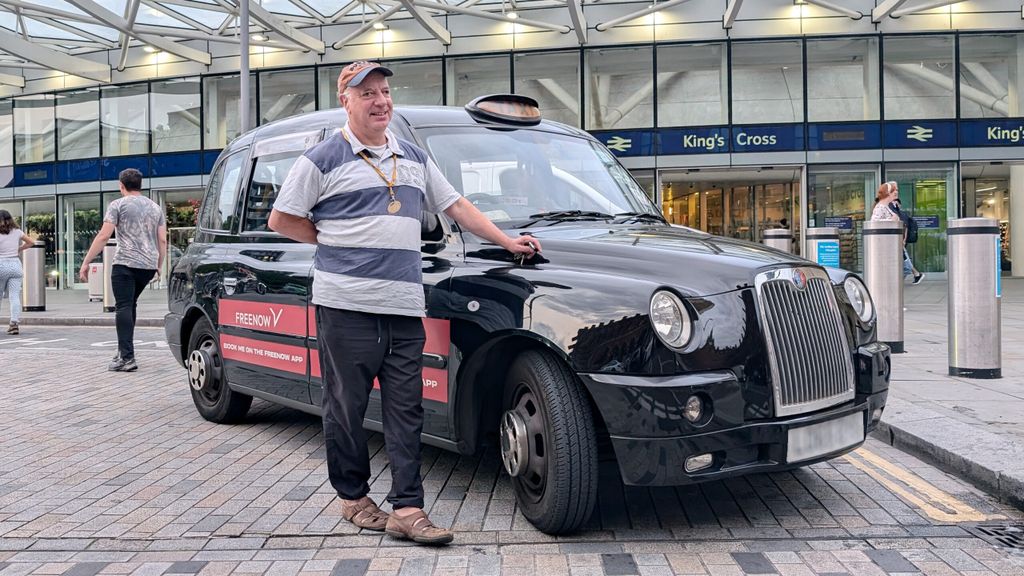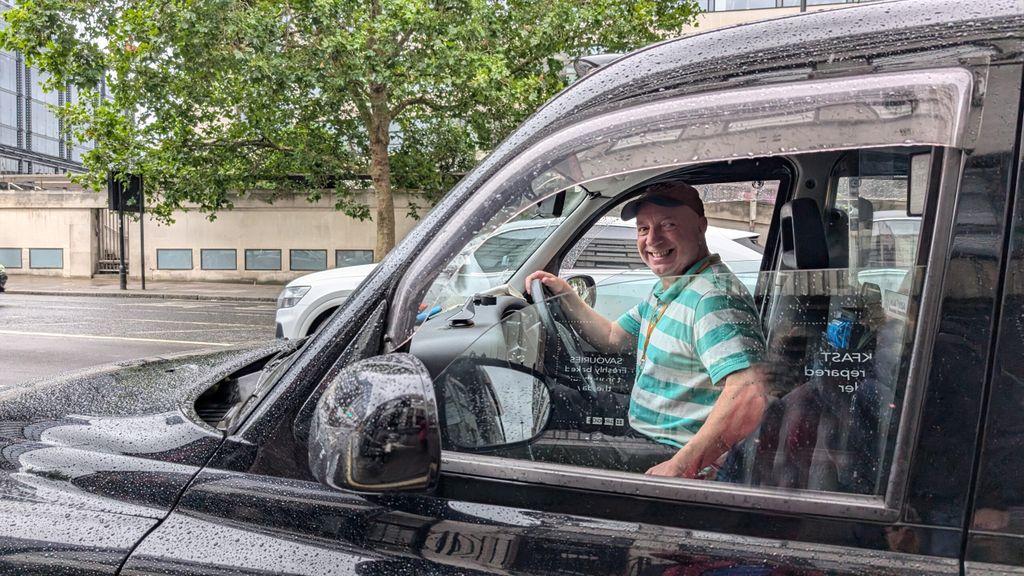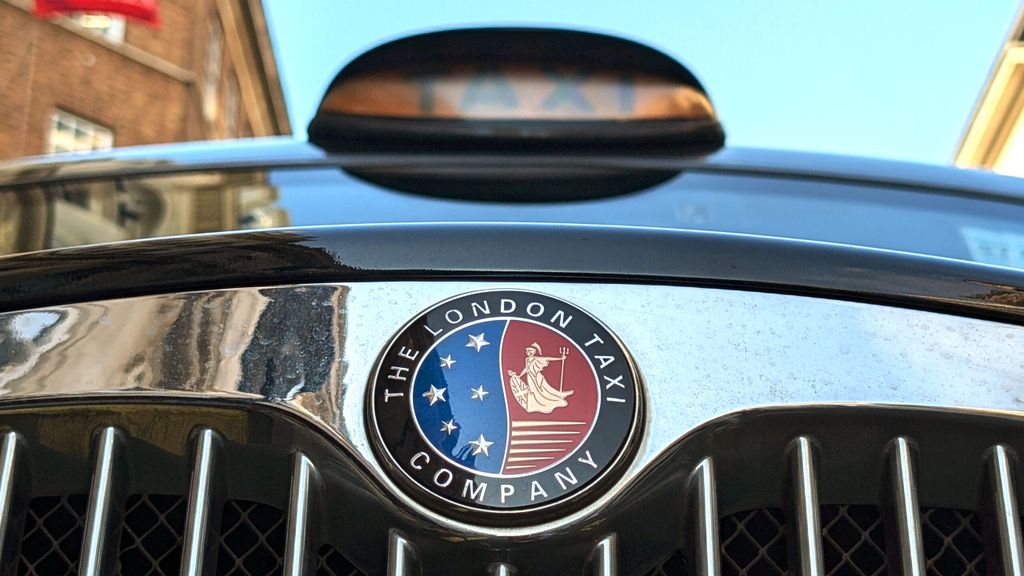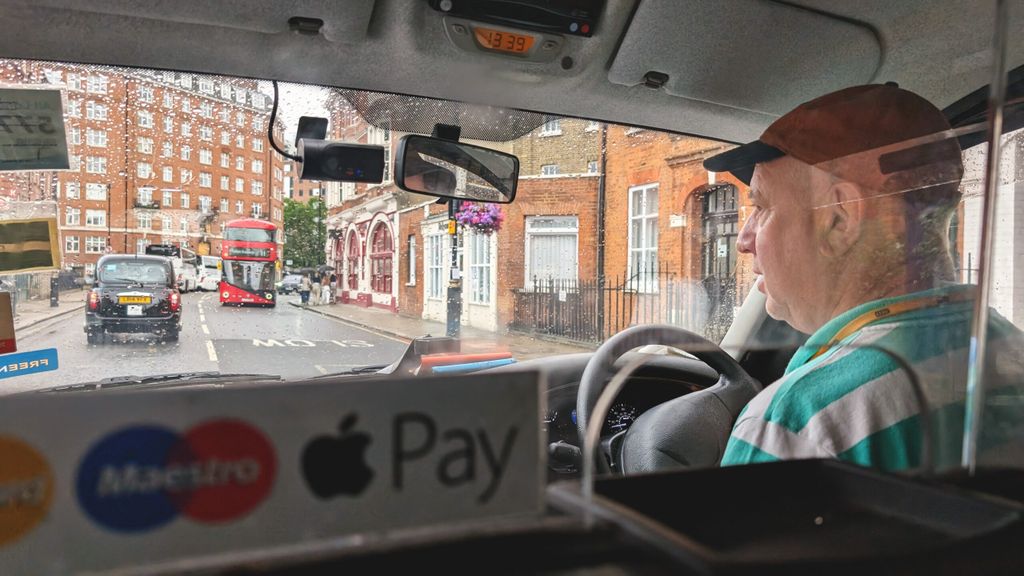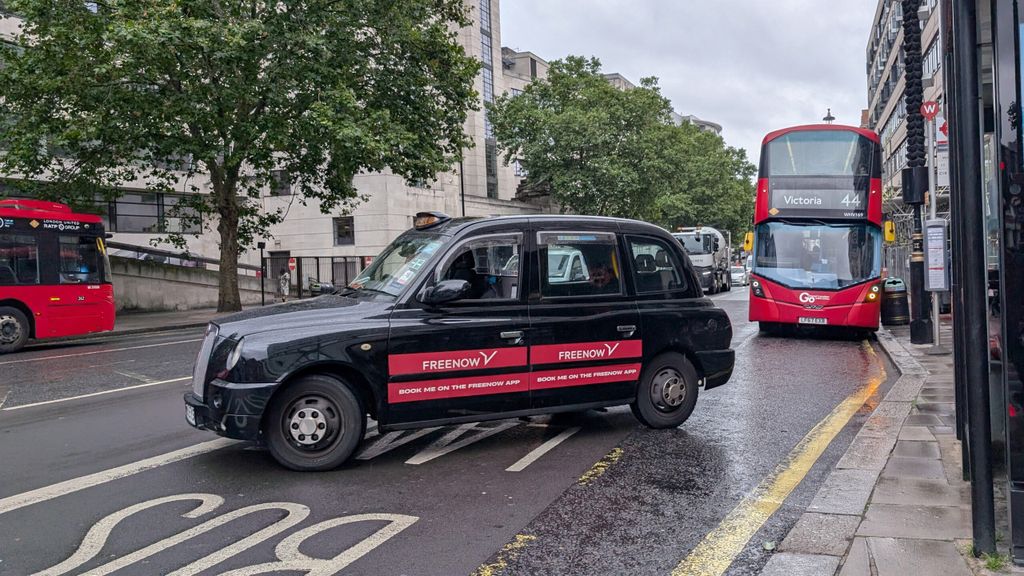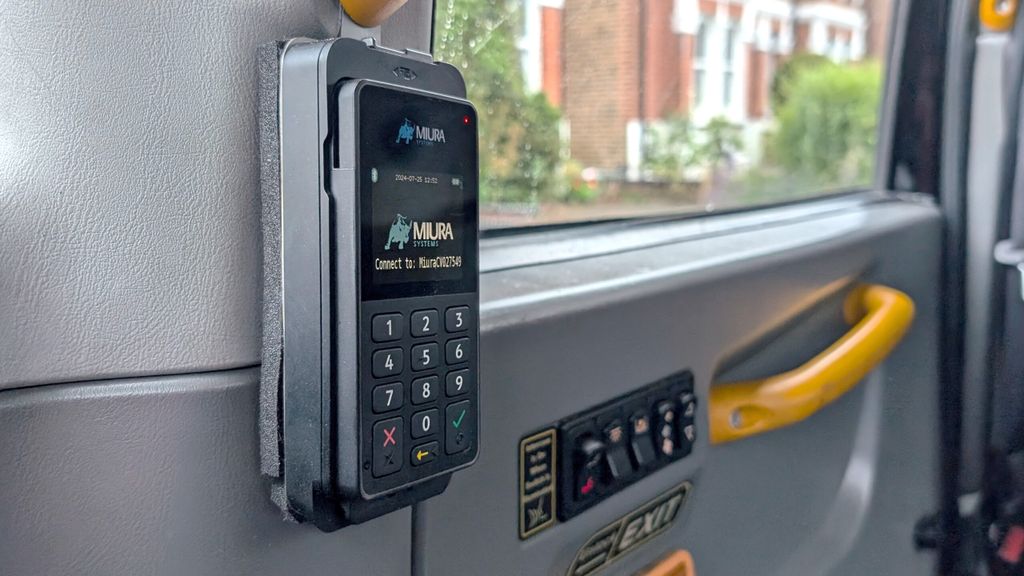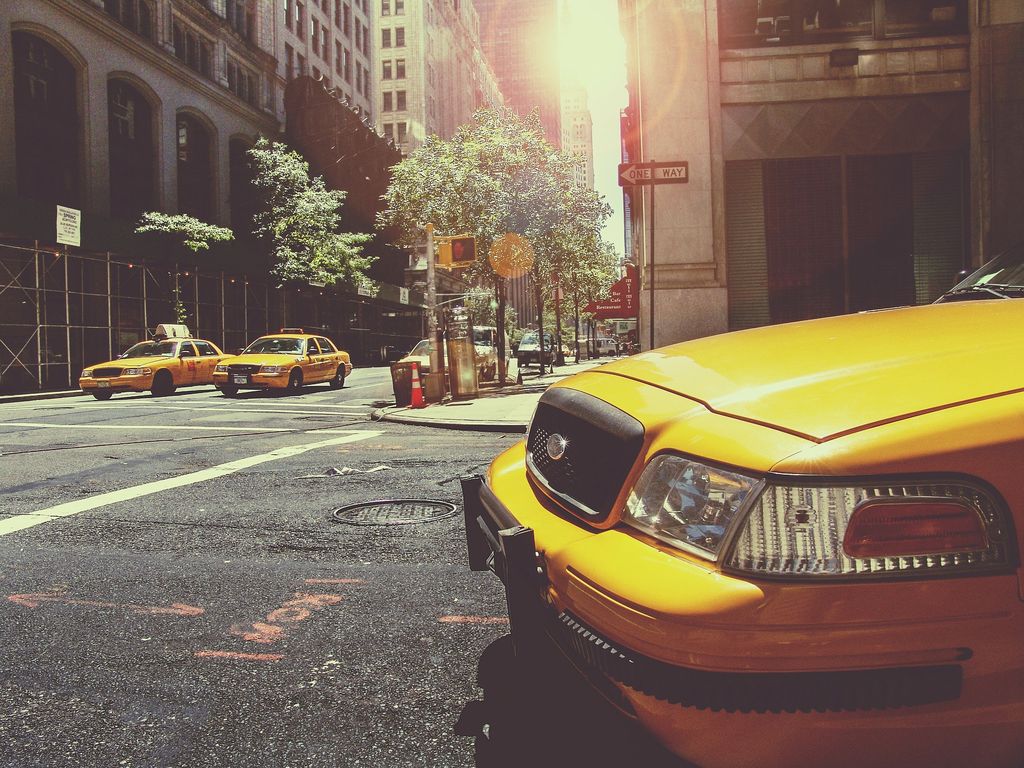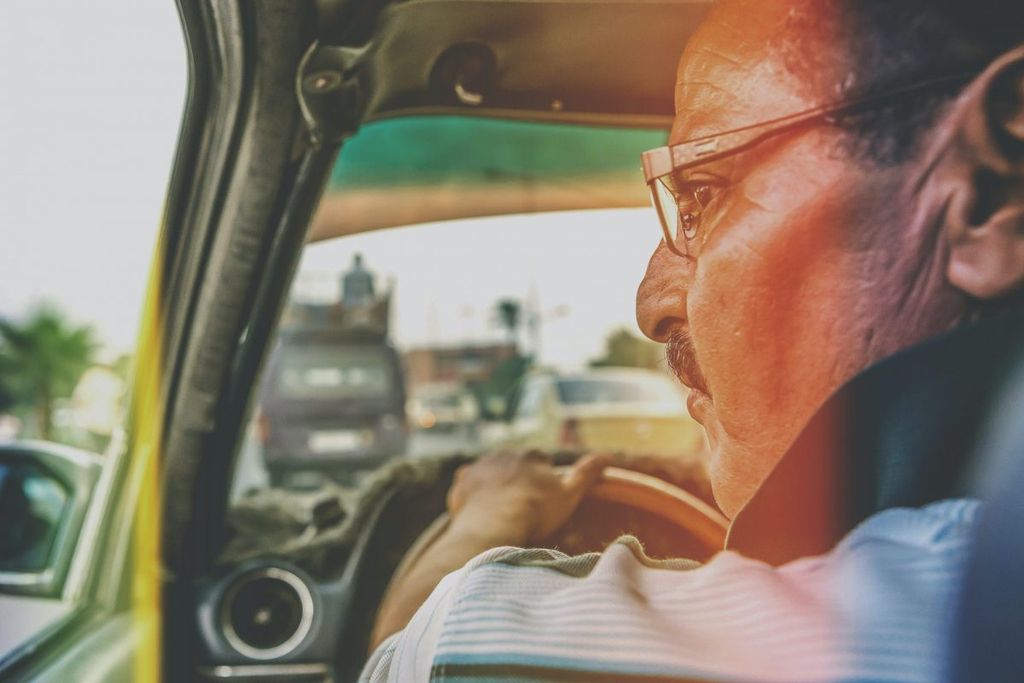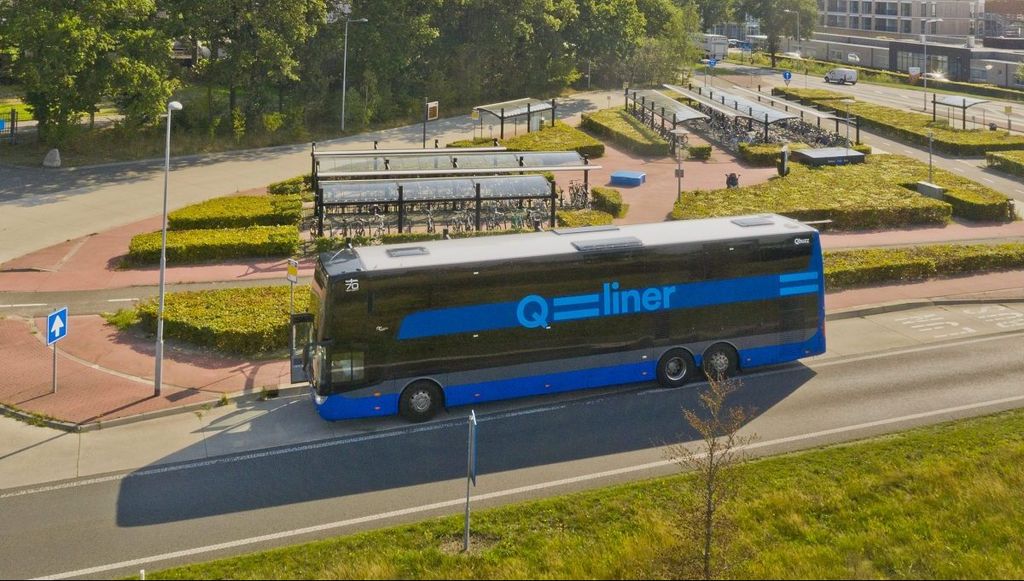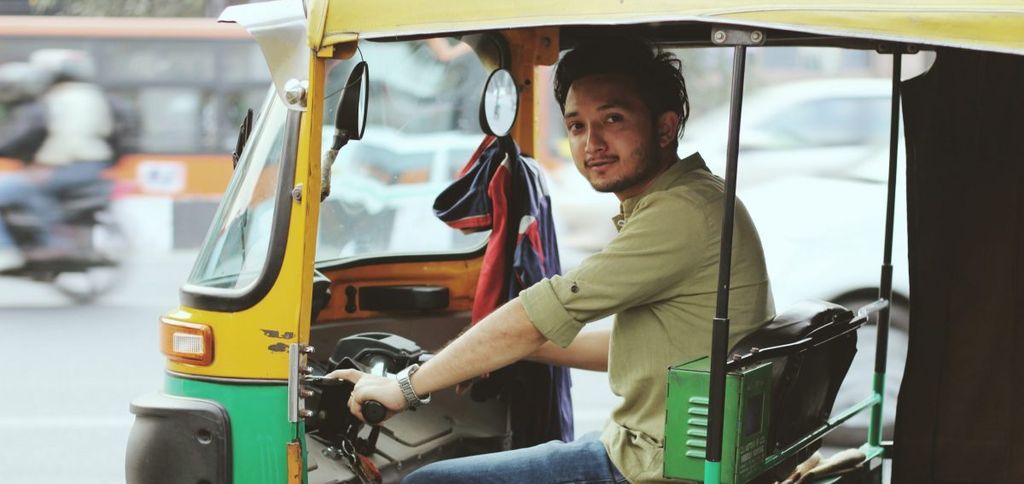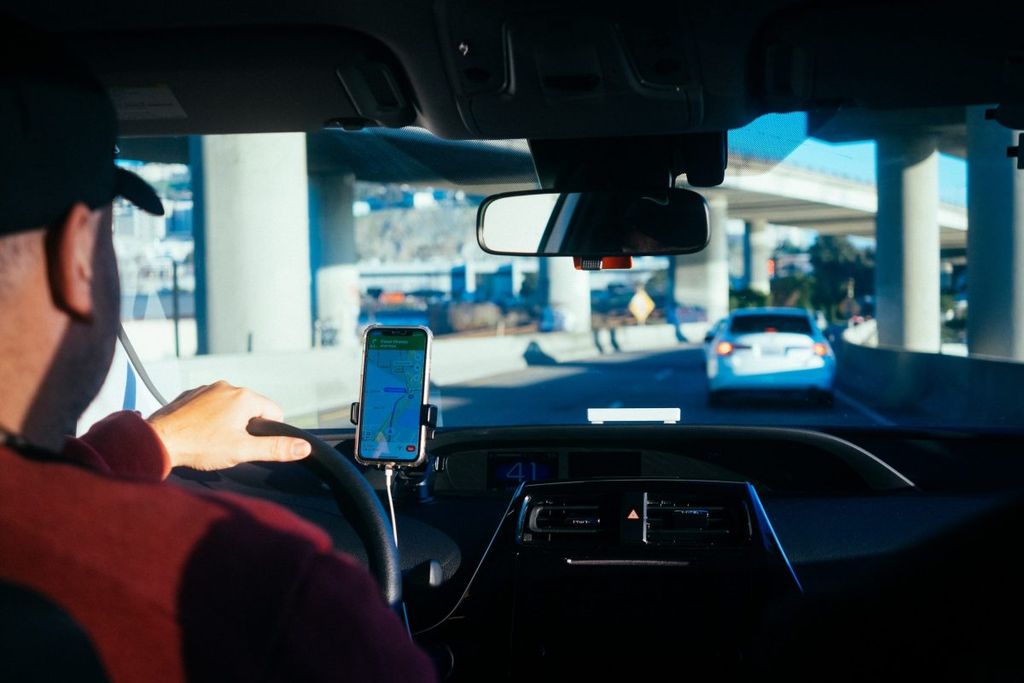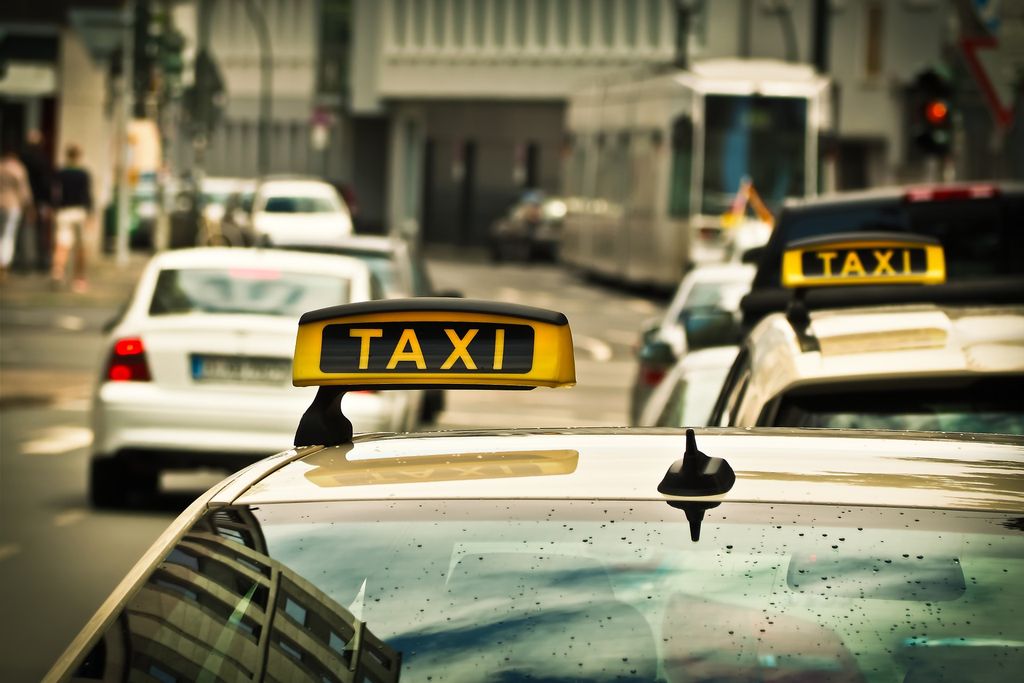
A future for cabbies? Hear from a London taxi driver
An interview with a London cabbie
London’s taxis are iconic. Though the profession is changing. Around 17,000 taxi drivers are licenced to drive the classic black cab across the city according to Transport for London, down from a peak of over 25,000 in 2014. At the same time, a majority of taxi drivers (nearly 11,000 of them) are aged 54 or over. What does that mean for the future of black cabs in London?
To be published shortly, UITP’s Global Taxi & Ride-Hailing Figures 2024 will provide a snapshot of the sector in dozens of cities across the world.
Get the Statistics Brief sent to your inbox when it releases!
But for a sense of the sector on the ground in a city famous for its taxis, hear from Stuart Daniels, a long-time driver whose black cab has served Londoners since 1996.
Hear from London taxi driver Stuart Daniels
Q: What’s changed about the business since you started almost 30 years ago?
It’s almost unrecognisable. I would say that it’s definitely easier to be a taxi driver today. I remember getting my first taxi and we didn’t even have central locking. I work nights and anyone could jump in! It’s crazy to think that you couldn’t lock the doors.
Apps have totally changed the job. The apps now provide about 80% of my work. It’s better for both the driver and the passenger. Passengers get all this real-time information and the driver knows that they’re going to get paid.
Q: Do you notice a difference in the way people take cabs today?
The passengers who use black cabs today are the ones who actually want to use a black cab. For them it’s not the cost that matters, it’s time. On the other hand, the more price-sensitive passengers now use ride-hailing apps like Uber or Bolt. Now people get the kind of service that they want.
Bottom line is that people trust black cab drivers. Sometimes I take young students to school and back because the parents know that they’ll be safe and on time. You still get tourists as well, of course. And also because of the shape of the London taxi you get a lot of prams, pushchairs, and wheelchairs, because they all fit easily and comfortably.
I’ll give you another passenger story. I recently picked up someone when it was raining. Raining in London, would you believe it? He wasn’t going very far, but he said to me “it’s cheaper to get a black cab than to get my suit dry-cleaned”.
Q: As a London taxi driver, you are registered with Transport for London (TfL). What things can authorities like TfL do to support taxi drivers over the next few years and navigate you through these changes?
TfL helps us in many ways. We have taxi ranks near underground stations and there are many rest ranks where you can take a break. Some more things that TfL can do is let taxi drivers access streets in the city that are currently just for buses and cyclists. For example, Bank Junction or Bishopsgate. It would make life easier for the commuter if we could access those roads.
I understand that black cabs will be exempt from toll charges on the city’s two new tunnels, which I think is a good thing for TfL to do.
Q: TfL also exempted cabs from the Ultra Low Emissions Zone (ULEZ).
Yeah, that too. Electric taxis are the way forward, but the thing is that they are very expensive. At least for myself, I’m nearly at the end of my career and I don’t want to be laden with a heavy debt for an electric cab. I drive a diesel taxi and they are still sought after because they don’t make them anymore and especially in other cities like Brighton, Bristol, or Birmingham, as they do not have an age limit on taxis like in London.
Q: What makes London taxis different?
Well, in London obviously you do the ‘Knowledge’ to learn London’s streets, which is basically a University degree as it lasts three years. Whereas I know that in Brighton you just buy the badge and then drivers use their satnav. For me, when I see where the satnav directs me I think “I’m never gonna go that way!” You learn all these little tricks to get out of traffic and around London faster. And of course going down bus lanes is a big help.
Really, black cabs are like red buses and the royal family, they are a part of the fabric of London society.
“Black cabs are like red buses and the royal family, they are a part of the fabric of London society.”
Q: The majority of London taxi drivers are over 54 years old. What do you think are the job’s strengths that can be used to attract new drivers?
The black cab is iconic. I will always remember my dad telling me that in the 1950s and 60s that black cab drivers were thought of as like a Lord – it was seen in that high a regard.
Being self-employed is a huge plus. Especially when I first started out as I had three young kids and I needed to balance my time. Obviously, the drawback is that if you want a good night’s work, you have to work Friday and Saturday night.
While most people just go on their phone now, many passengers still talk and it is nice to meet people from all over the world. Just as an aside, a London cab driver is less likely to suffer from Alzheimer’s. We are using our brains all the time. So we might be grumpy and opinionated, but we’re not going to go gaga!
Watch UITP & BBC StoryWorks’ explore the working life of another London cabbie!
Q: What do you think is the future of the London black cab?
I feel that black cabs will become more niche, not only with the introduction of driverless taxis, but also because there’s fewer people doing the ‘Knowledge’ today. When I started it back in 1993, I think that about 10,000 people signed up to it. Now it’s closer to about 500 people. So it’s not a dying trade, it will just be a more niche market.
“The black cab is not a dying trade, it will just be a more niche market.”

